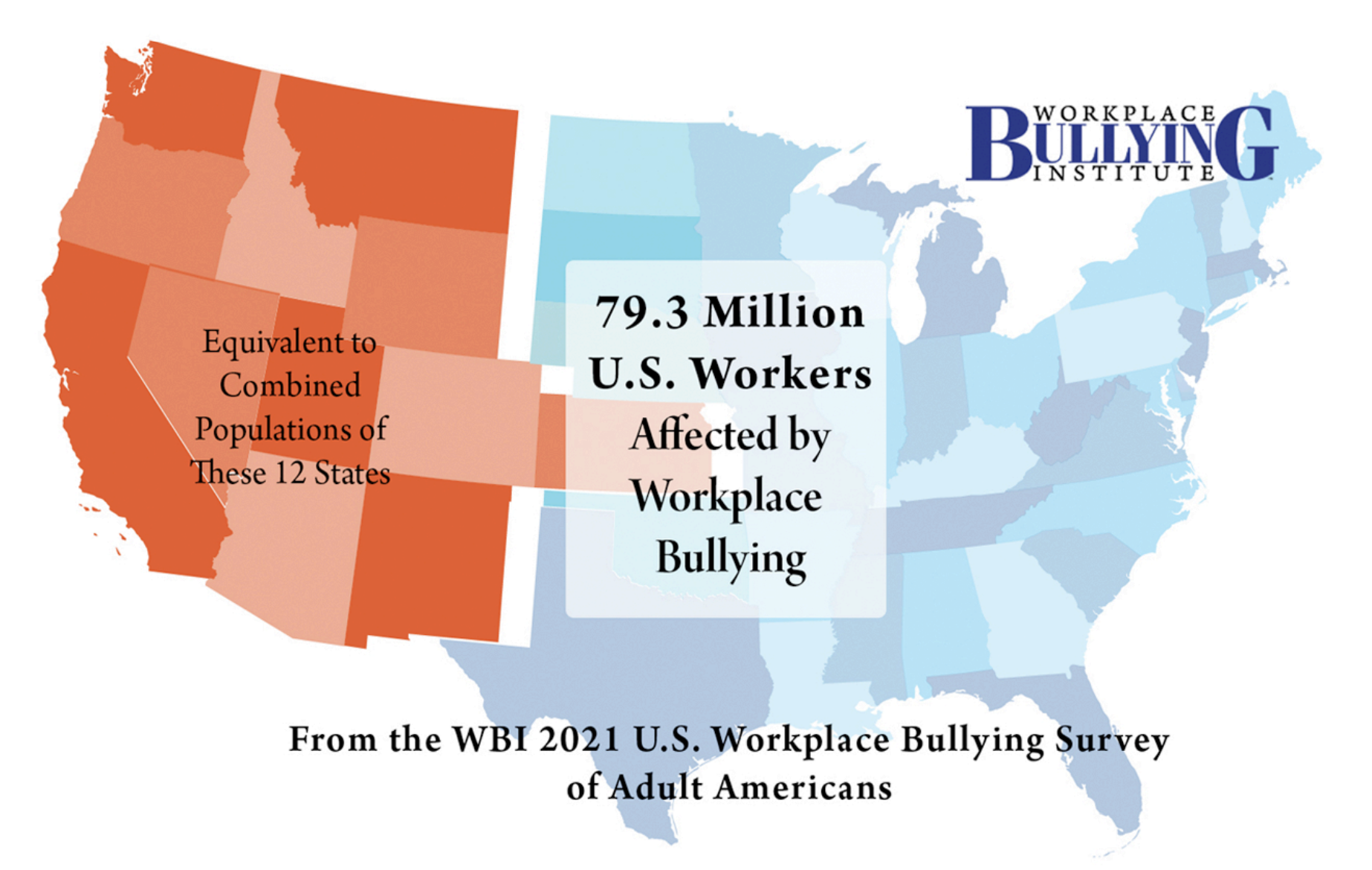When it comes to bullying, children and adults live in two completely different worlds. Every U.S. state requires schools to have anti-bullying laws and policies. Kids have reporting systems, prevention programs, and legal protections in place.
But for adults? There is no federal law that bans adult bullying. Unless it crosses into harassment or discrimination under laws like Title VII, ADA, or ADEA, most adults are left with little to no recourse.
This gap leaves millions exposed to workplace bullying, social exclusion, and retaliation — with no guaranteed protections under the law.
Adult Bullying vs. Childhood Bullying
Children:
- All 50 states have school bullying laws.
- Federal programs like StopBullying.gov provide definitions, reporting tools, and school accountability.
- Schools are legally required to act.
Adults:
- No law directly bans adult bullying.
- Protections only exist if behavior qualifies as harassment under civil rights law.
- Most adults are left to rely on weak HR policies or workplace culture.
How Widespread Is Adult Bullying?
According to the Workplace Bullying Institute 2021 survey:
- 30% of U.S. workers experience bullying firsthand.
- Another 19% witness it, affecting nearly half the workforce.
- 60% of adult bullying only ends when the target quits — not because the employer intervenes.
👉 Related: Workplace Bullying Statistics
Why the Laws Stopped at Kids
After Columbine in 1999, lawmakers rushed to create school anti-bullying policies. But protections never extended to adults.
Why?
- Adult bullying often looks subtle — exclusion, sabotage, triangulation — harder to define legally.
- Employers dismiss it as “management style” or “personality conflict.”
- Society assumes adults should just “handle it.”
The result: a lifelong issue with no adult safety net.
What’s Being Proposed to Address Adult Bullying?
Advocates have introduced several bills to close the gap:
- Healthy Workplace Bill: allows civil action for severe workplace bullying, with punitive damages.
- Workplace Bullying Accountability Act (WBAA): requires policies, training, and fair investigations; focuses on prevention and accountability.
- Workplace Psychological Safety Act (WPSA): broader but controversial; risks confusion over minor claims.
Employer Duties Under WBAA
If passed, the WBAA would give employers clear obligations:
- Duty to Prevent: Policies, annual training, prevention systems.
- Duty to Respond: Good faith investigations, relief for targets, discipline for bullies.
- Duty Not to Retaliate: Protection for filing complaints, speaking out, or participating in investigations.
Demanding Accountability From Employers
Adult bullying is real, destructive, and widespread — but almost entirely unprotected by law.
Until protections catch up, silence will continue to be the bully’s greatest weapon. It’s time to push for accountability, awareness, and stronger protections for adults who experience bullying.
Let’s make an echo loud enough to demand change.







